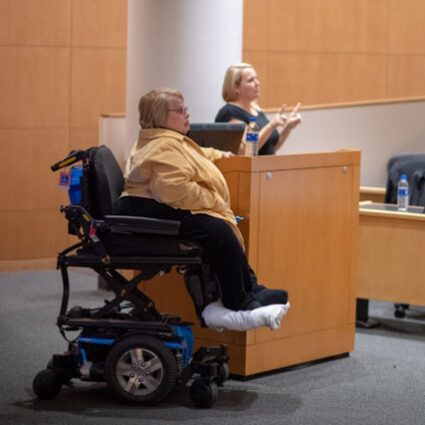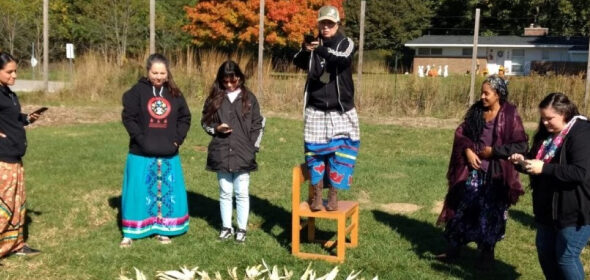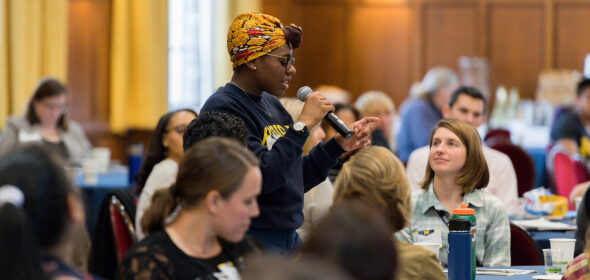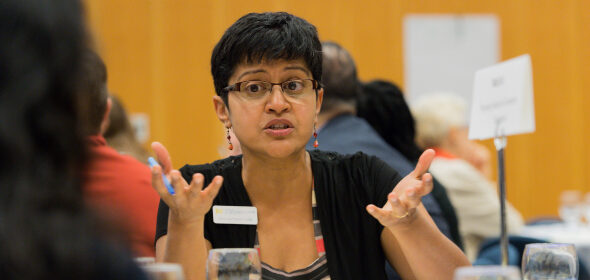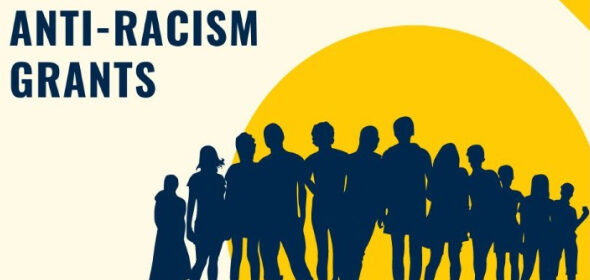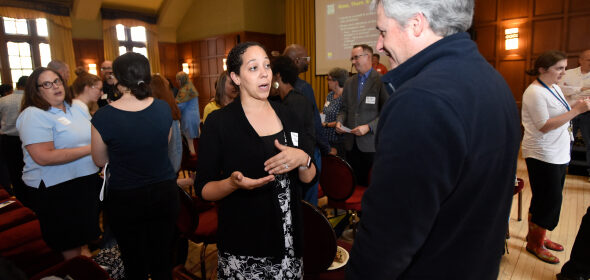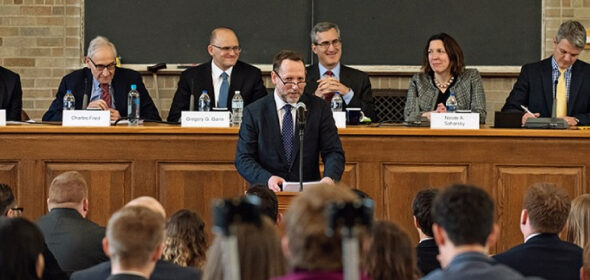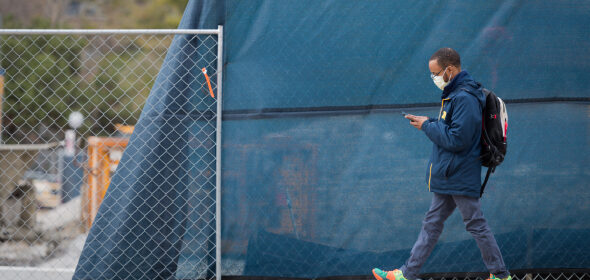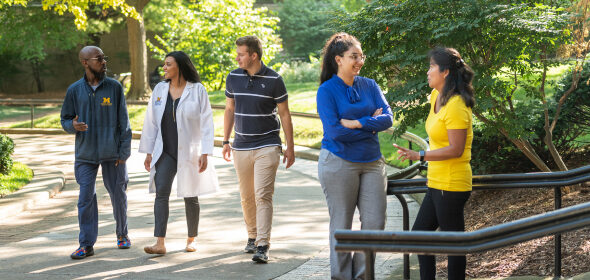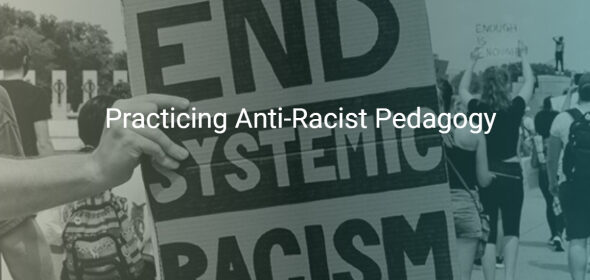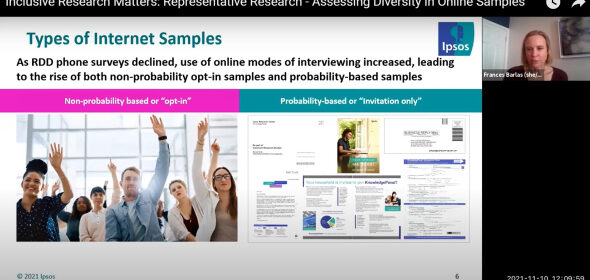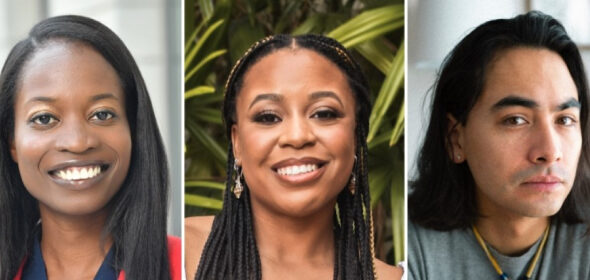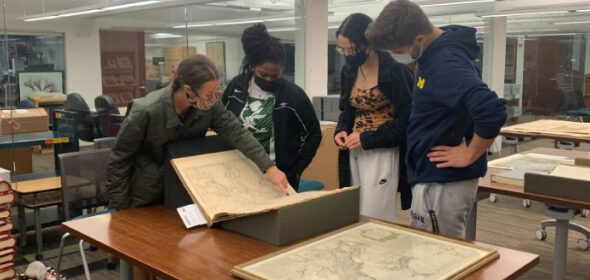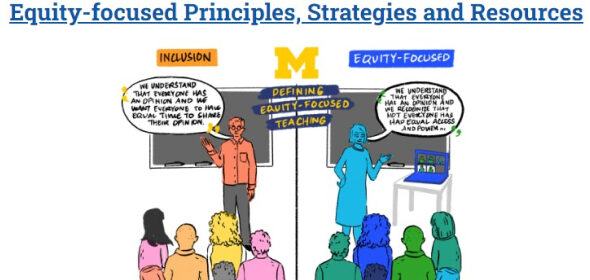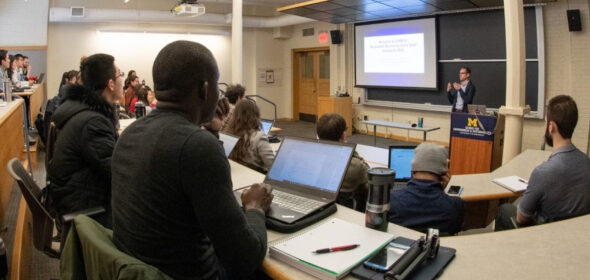
The Decolonizing SEAS Curriculum Initiative
The Decolonizing SEAS Curriculum Initiative emerged out of student activism and support from the Associate Dean for Academic Affairs and SEAS’ Diversity, Equity and Inclusion Office. DSI aims to: (1) elevate the scholarly contributions by Black, Indigenous and People of Color (BIPOC) authors; (2) address the harmful impacts of colonialism and systemic racism contributing to environmental problems within historically marginalized communities; and (3) assess the implementation of BIPOC knowledge in curricula and decolonized pedagogies in the classroom. The pilot DSI program tasked students and professors to collaborate to revise course syllabi. The next iteration of DSI includes ongoing educational events, specialization breakouts and DEI metrics included in teaching evaluations. The initiative has succeeded thus far in:
- Adding justice and equity knowledge and practices to courses
- Creating a more inclusive and robust academic environment
- Providing meaningful learning experiences for student researchers
- Co-creating a class on radical urban planning and environmental equity
Unit: School of Environment and Sustainability (SEAS)

